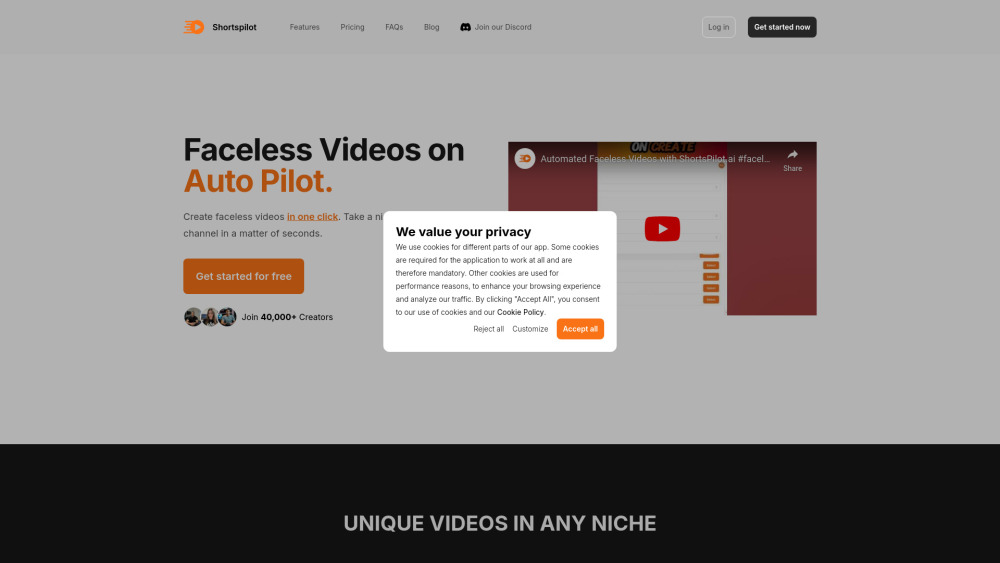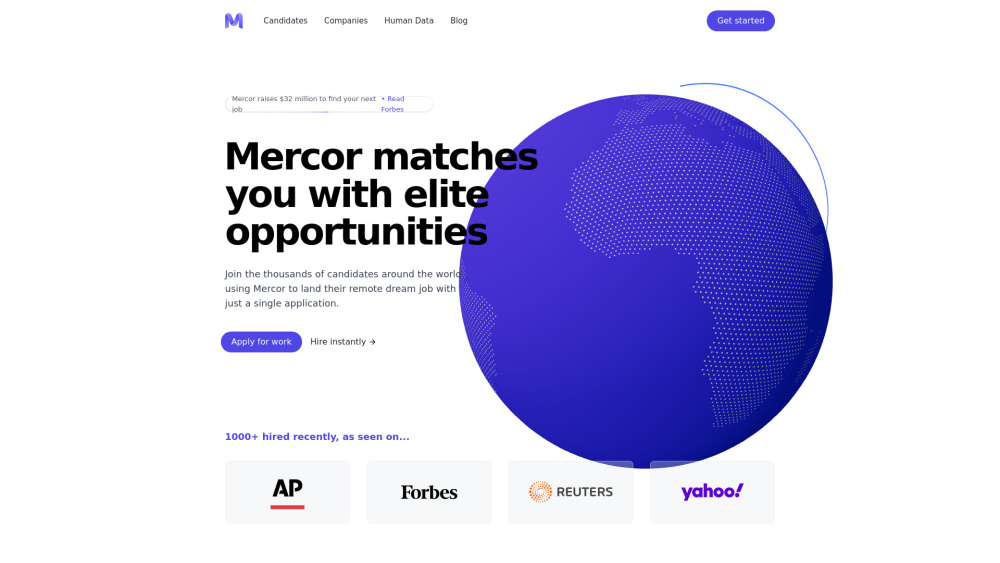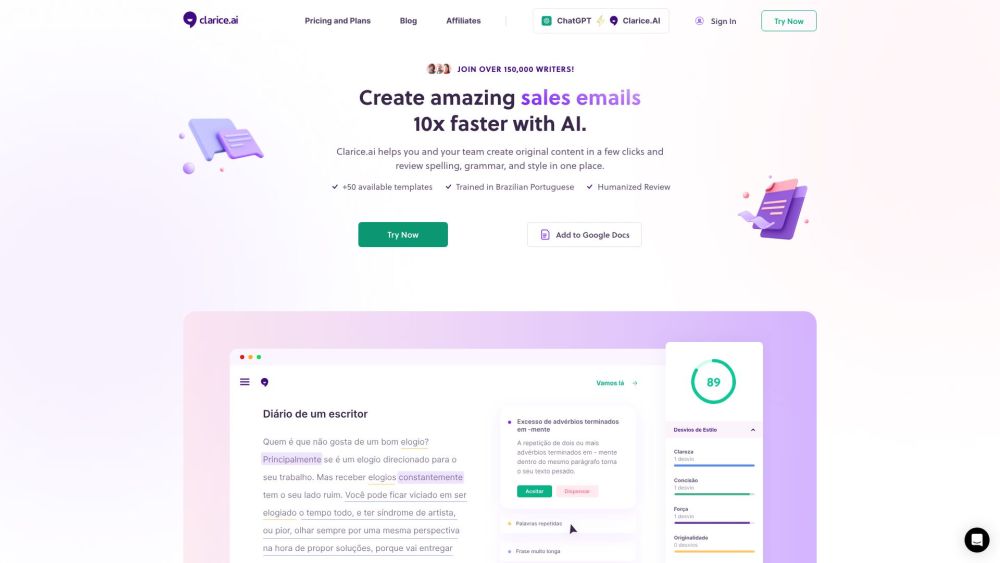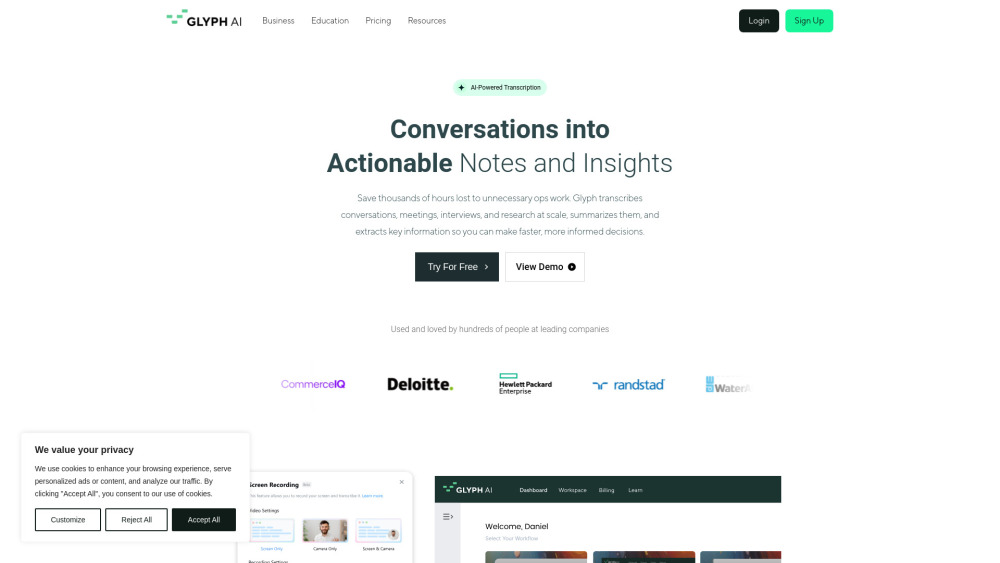Why Google Lost Its Competitive Edge in the Era of Generative AI
Most people like

Introducing an innovative AI tool designed to automate the creation and posting of short videos effortlessly. This powerful software streamlines the entire process, allowing users to produce engaging video content quickly and efficiently. With its user-friendly interface, it transforms your ideas into captivating videos in no time, making it an essential resource for content creators and marketers alike. Enhance your online presence and boost your engagement with this cutting-edge solution for short video automation.

Introducing our advanced AI platform designed specifically for the seamless sourcing, vetting, and payment of employees. Elevate your hiring process with cutting-edge technology that streamlines recruitment, ensuring you find the right talent efficiently and effortlessly. With our innovative solutions, managing employee payments has never been easier, allowing your business to thrive in a competitive landscape.

Unlock your content potential with our AI writing assistant, designed to enhance your writing efficiency and improve the quality of your outputs. Experience faster, more effective content creation that captivates your audience and meets your goals effortlessly.

Experience the power of our AI tool designed for rapid transcription and delivering actionable insights. Ideal for professionals seeking efficiency, this innovative solution streamlines the transcription process, allowing you to focus on what truly matters. Transform your audio and video content into reliable text quickly and effortlessly, while unlocking valuable insights for informed decision-making. Discover how our AI tool can revolutionize the way you handle transcriptions today!
Find AI tools in YBX
Related Articles
Refresh Articles
